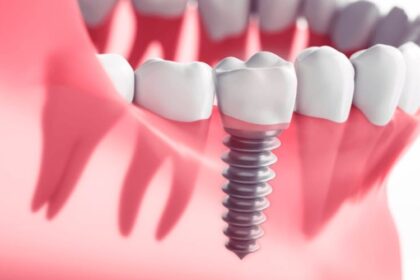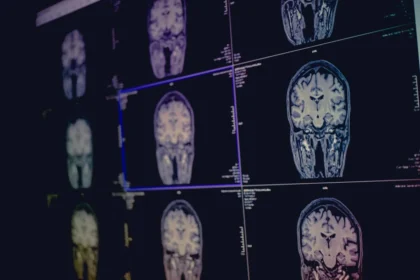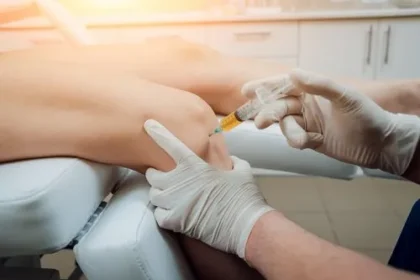Preventive dental care forms the foundation of maintaining oral health. It helps patients avoid costly and uncomfortable dental problems before they develop. Dental clinics offer preventive services designed to identify potential issues early. They also provide patients with the tools needed to maintain healthy teeth and gums. Through regular professional care and patient education, dental clinics play a role in preventing two common oral health conditions: cavities and gum disease.
Regular Checkups
Routine dental examinations allow dentists to monitor oral health changes. They help identify potential problems in their earliest stages. During these visits, dental professionals carefully examine teeth, gums, and surrounding tissues. They look for signs of decay, inflammation, or other abnormalities. Most dental professionals recommend checkups every six months. Some patients may need more frequent visits depending on their risk factors and oral health history.
These appointments allow dentists at the dental clinic to review oral hygiene routines with patients. They also address any concerns or symptoms that may arise. Consistent monitoring helps set a baseline for oral health and tracks changes over time. This process enables more effective treatment planning when interventions are needed.
Professional Cleanings
Dental hygienists perform specialized cleaning procedures. These procedures remove plaque and tartar deposits that brushing and flossing alone cannot eliminate:
- Scaling to remove hardened tartar from tooth surfaces and below the gum line
- Polishing to smooth tooth surfaces and remove surface stains
- Flossing to clean between teeth and along the gum line
- Fluoride treatments to strengthen tooth enamel and prevent decay
- Application of dental sealants to protect vulnerable tooth surfaces
Early Detection
Professional dental examinations use specialized tools and techniques. They help identify problems before symptoms appear. X-rays detect hidden decay between teeth and beneath fillings. Periodontal probing measures the depths of gum pockets to assess the progression of gum disease. Early detection allows for less invasive treatments. It also improves long-term outcomes. Dental professionals can spot subtle changes in oral tissues. They may notice early signs of cavities, gingivitis, and other conditions that patients might miss. This proactive approach helps prevent minor issues from becoming serious problems that require extensive treatment.
Patient Education
Dental clinics provide comprehensive education. This education helps patients maintain optimal oral health between visits:
- Proper brushing techniques using the right toothbrush types and fluoride toothpaste
- Effective flossing methods to remove plaque from hard-to-reach areas
- Dietary recommendations to reduce cavity-causing bacteria and acid production
- Tobacco cessation counseling to lower gum disease and oral cancer risks
- Customized oral hygiene product recommendations based on individual needs
- Information about risk factors specific to each patient’s oral health profile
Visit Your Dental Clinic Today
Regular dental care is an investment in long-term oral health and well-being. The preventive services offered by dental clinics help patients avoid the discomfort and inconvenience of advanced dental problems. These services also help reduce the expense associated with serious oral health issues. By maintaining consistent professional care and following recommended oral hygiene practices, patients can lower their risk of developing cavities and gum disease. Contact your local dental clinic to schedule an examination and cleaning. Taking this step can help you maintain a healthy smile.









